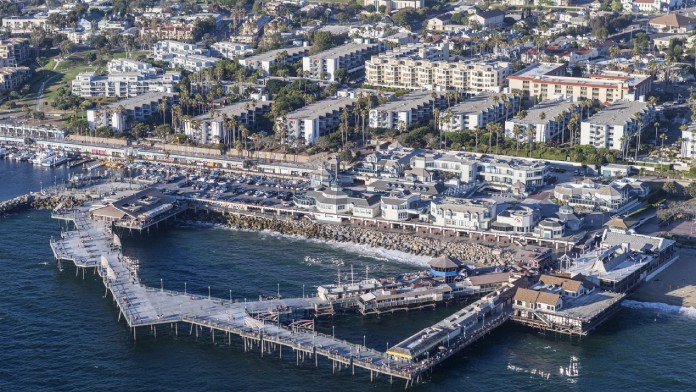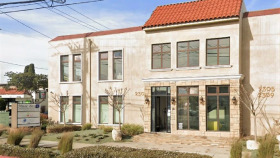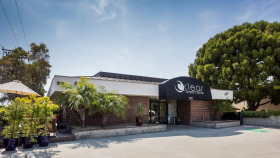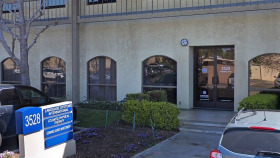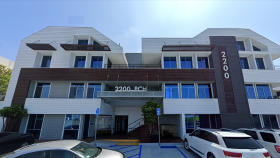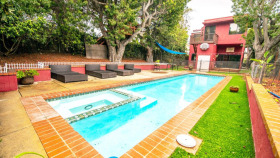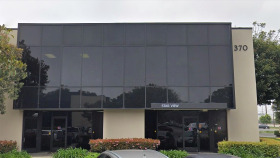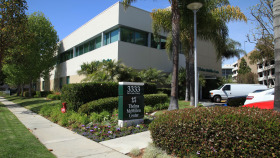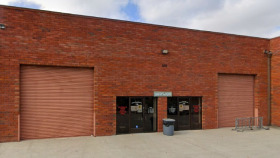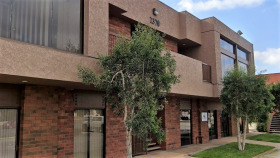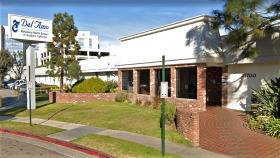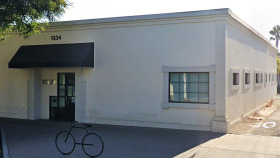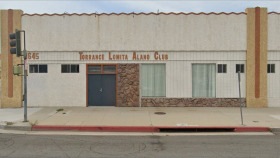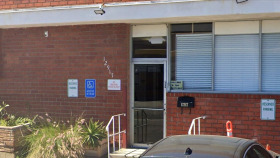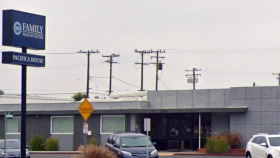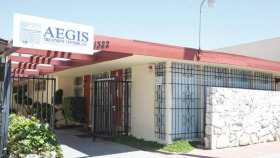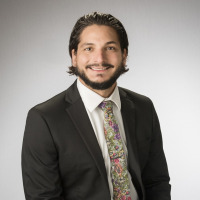Alcohol and Drug Use Statistics in Redondo Beach, CA
Opioids aren’t the only issue plaguing the population of Redondo Beach and Los Angeles County. Here’s an overview of what substance use looks like throughout the county and sandy Redondo Beach:2,3
In 2019 alone, the fentanyl-related death rate increased by 136.6%.
Meanwhile, in 2019, the methamphetamine overdose death rate increased by 77.1%.
In 2020, methamphetamine was recognized as the biggest cause of accidental overdoses with an overdose death rate of 11.2 people per 100,000.
The second largest cause of the increase in overdose death rates during this time was fentanyl at 9.5 people per 100,000 followed by cocaine at 4, heroin at 3.7, alcohol at 2.6, and prescription opioids at 2 people per 100,000.
These statistical trends demonstrate that both methamphetamine and fentanyl are the top two illicit substances causing the most overdose-related deaths in Redondo Beach and Los Angeles County.
Levels of Care for Substance Abuse
Multiple levels of care exist for alcohol and drug rehab in California. Some residents require all levels of care during their journey to recovery, while others receive only the less intensive options.
Medical Detox
Detox is the process of safely and comfortably removing drugs or alcohol from your system while in a supervised medical setting. Many people choose a medical detox program to prevent severe withdrawal symptoms. This is often the first step in the recovery process, completed before transitioning into formal inpatient addiction treatment services.
Inpatient Care
An inpatient or residential setting involves living at an accredited rehab facility 24/7 to receive treatment for addiction. A combination of evidence-based interventions are provided, including individual and group therapy, nutritional counseling, and medication administration.
Partial hospitalization programs (PHPs)
PHPs are a type of outpatient treatment in California that often involve many of the same therapies and methods of inpatient care. The difference being that you only visit the drug rehab during scheduled session times, then you can return home.
Intensive Outpatient Programs (IOPs)
A step down from PHPs, IOPs are a type of outpatient treatment in California allowing you to attend onsite sessions for several hours a day, multiple days each week, while spending the rest of your time at home, working, or fulfilling other obligations.
Standard Outpatient
As the least intensive setting, standard outpatient care is appropriate for California residents who are highly motivated and have a strong support system. It involves just one or two hours of treatment per week.
Relapse Prevention
Aftercare, or relapse prevention, provides ongoing support after a rehab program is complete. Aftercare may include 12-step groups, non-12-step groups like SMART Recovery, ongoing therapy, sober living homes, and more.
How to Pay for Substance Abuse Treatment in California
Private Insurance
Every insurance provider in the U.S. is required by law to provide at least some coverage for mental health and substance abuse treatment. In California, residents should contact their insurance provider to confirm specific coverage with their carrier, including applicable copays.
Medi-Cal
Medi-Cal is California’s Medicaid program. Funded by federal and state taxes, this program pays for medical services for children and adults who have limited income. To qualify for Medi-Cal, California residents must meet income requirements and be one of the following: pregnant, responsible for a child under 21 years old, blind, disabled or a disabled family member, or 65 years or older.
California Medicare
California Medicare is a government program providing coverage to residents who are over the age of 65 or who have end-stage renal disease. California residents can use Medicare to cover the cost of rehab and other addiction treatment services; however, not all rehabs accept Medicare insurance.
Sliding Scale Payment Options
Sliding scale payment plans only charge California residents what they can afford, based on their income. To qualify, residents typically need to provide proof of income and assets.
TRICARE in California
California TRICARE (West Region) is a government program that provides health insurance for military personnel, veterans, and their dependents. TRICARE coverage includes addiction treatment services, such as rehab and medication-assisted treatment (MAT).
IHS-Funded Drug Rehabs
Drug rehab programs funded by the Indian Health Service provide free addiction treatment to California Natives and Indigenous peoples in the U.S.
Local Information for Redondo Beach, California
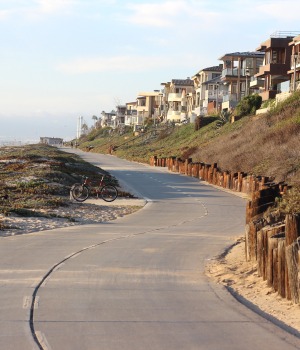 If you’re thinking about visiting someone currently in a drug and alcohol rehab in Redondo Beach or are considering getting treatment for yourself in the area, it’s important to know how to get around and what you can expect from the environment.
If you’re thinking about visiting someone currently in a drug and alcohol rehab in Redondo Beach or are considering getting treatment for yourself in the area, it’s important to know how to get around and what you can expect from the environment.
Here are a few travel tips to help you get started:
- The closest major airport to Redondo Beach is the Los Angeles International Airport (LAX) at 7 miles. The second closest is the Long Beach Airport (LGB) at 17 miles.
- There are an endless number of hotels, motels, bed and breakfasts, Airbnb, and even camping sites if you need a place to stay in Redondo Beach.
- LA County is home to what’s considered one of the country’s best transportation networks. You’ll have your pick from the Metro bus, rail, DASH, and bike rentals.
- There are also plenty of Rideshare options such as Uber, Lyft, Zip Car, and regular taxis.
- Redondo Beach is incredibly walkable and somewhat bikeable. However, if you choose to venture further into LA County, you’ll likely need to arrange for transportation.
- Redondo Beach is considered a resort-like town, known for its fishing piers, Saltwater Lagoon, a beautiful harbor, and plenty of restaurants and shopping. Be sure to pack sunscreen and a hat.
California Alcohol and Drug Laws
California law includes the following policies related to substance abuse:1,2,3,4,5
California Employee Protections for Drug or Alcohol Rehab: California’s labor code requires employers with 25 or more employees to provide accommodation to staff who voluntarily choose to attend alcohol or drug rehab. This may include unpaid time off or use of sick or vacation time. Employees who wish to request time off for addiction treatment may be able to request it under the Family and Medical Leave Act or the California Family Rights Act.
Substance Abuse and Crime Prevention Act: This act provides treatment opportunities for individuals who are convicted of non-violent crimes. Eligible offenders may serve their time in drug treatment rather than in prison.
California Government Prevention and Care Services: Senate Bill 110 expanded these services to include contingency management (an incentivized treatment program) as a benefit covered under Medi-Cal. Patients who demonstrate substance-free behavior, such as drug-free urine tests, are rewarded with vouchers or gift cards.
California Ethical Treatment for Persons with Substance Use Disorder Act: This bill protects residents undergoing addiction treatment by requiring alcohol and drug rehabs in California to adopt a client bill of rights that seeks to ensure every client is treated with dignity, honesty, and respect.
California’s Good Samaritan Law: This law encourages California residents to call 9-1-1 if an overdose is suspected. It protects individuals who seek emergency medical care for overdose from legal repercussions for possession of a controlled substance/drug paraphernalia or providing alcohol to minors.
Resources
- California Health Care Almanac. (2022, January). Substance Use in California. https://www.chcf.org/wp-content/uploads/2022/01/SubstanceUseDisorderAlmanac2022.pdf.
- California Department of Public Health. (2022, October 28). CA Overdose Dashboard. https://skylab.cdph.ca.gov/ODdash/?tab=Home.
- City of Los Angeles Public Health. (2021, July). Data Report: Accidental Drug Overdose Deaths in Los Angeles County During the Covid-19 Pandemic. http://publichealth.lacounty.gov/sapc/MDU/SpecialReport/AccidentalDrugOverdoseReportJuly2021V2.0.pdf.

